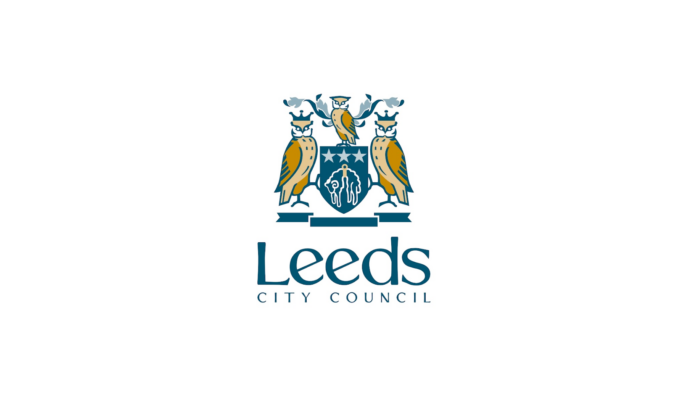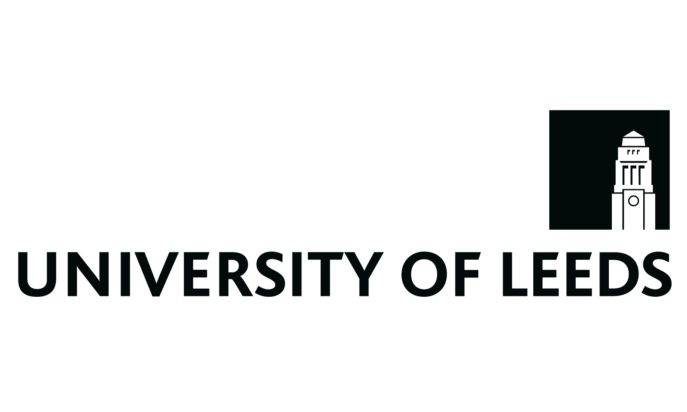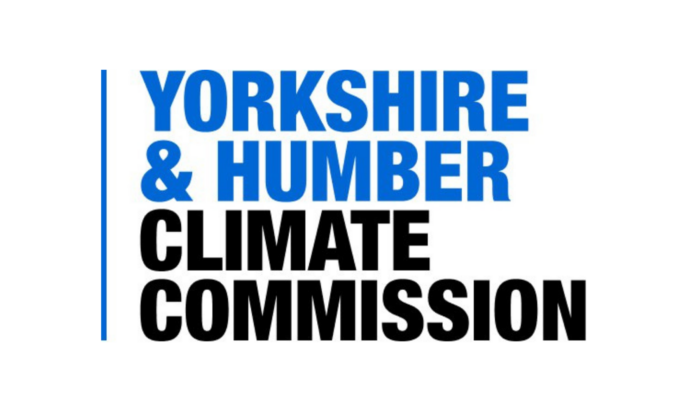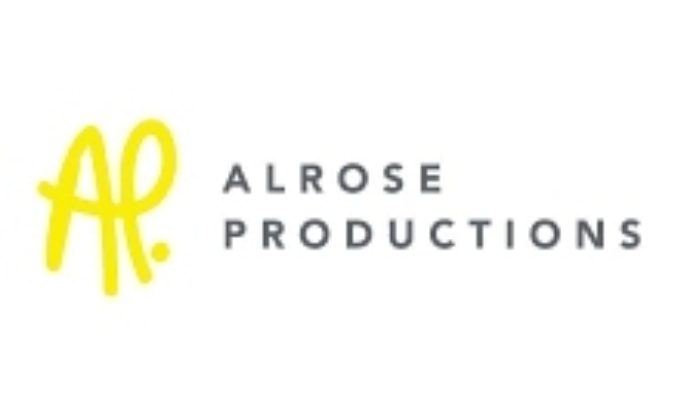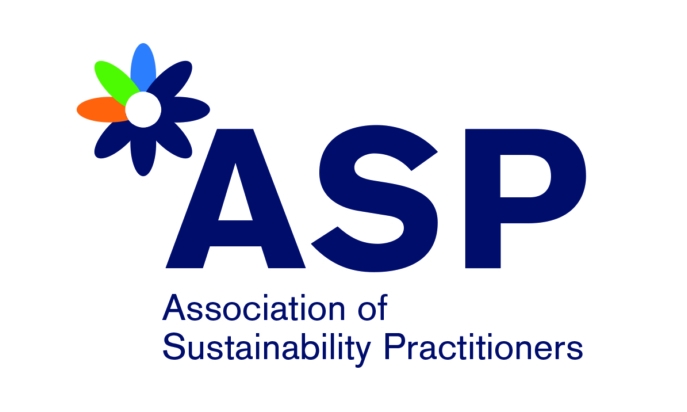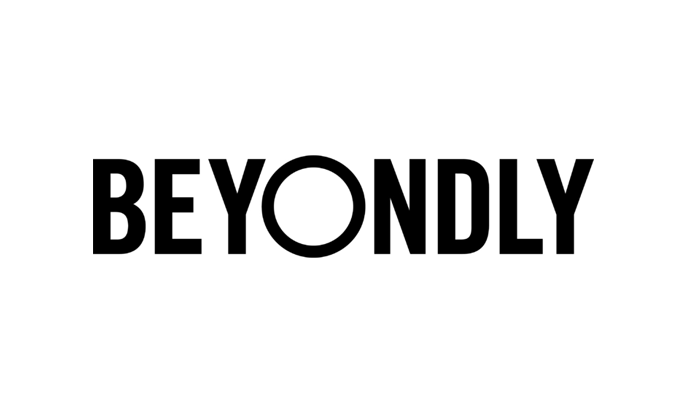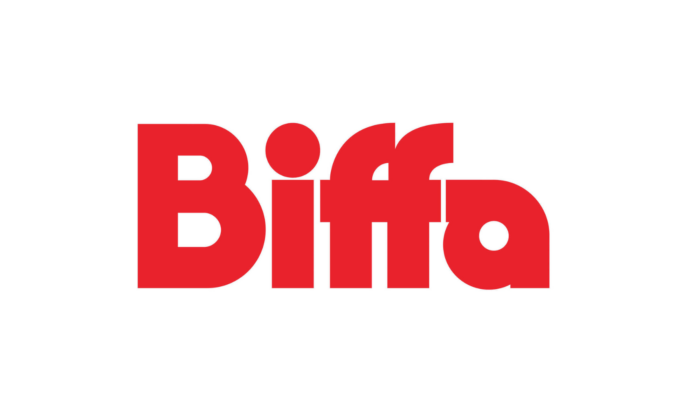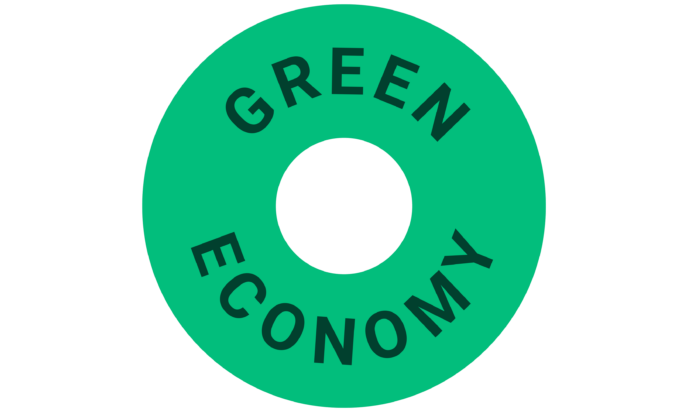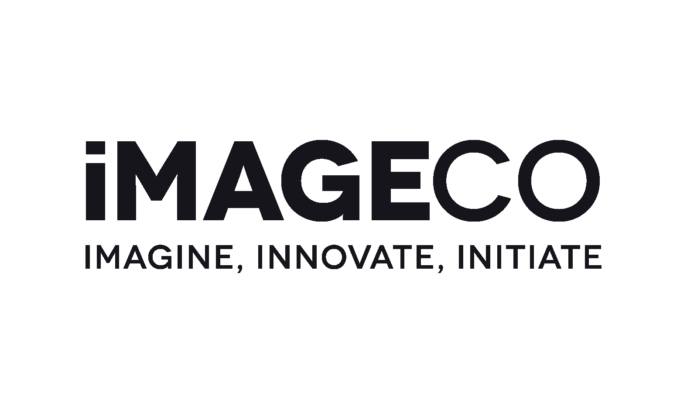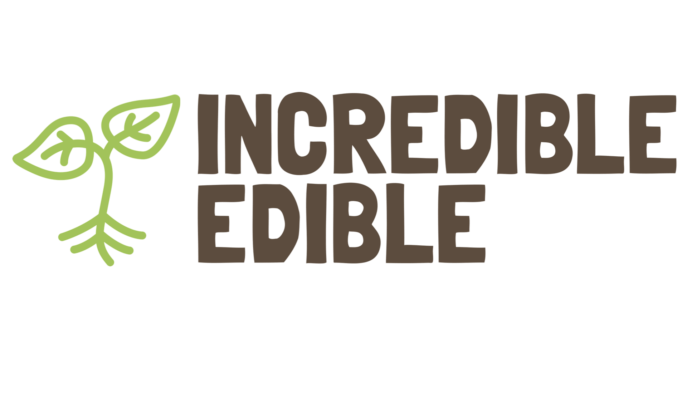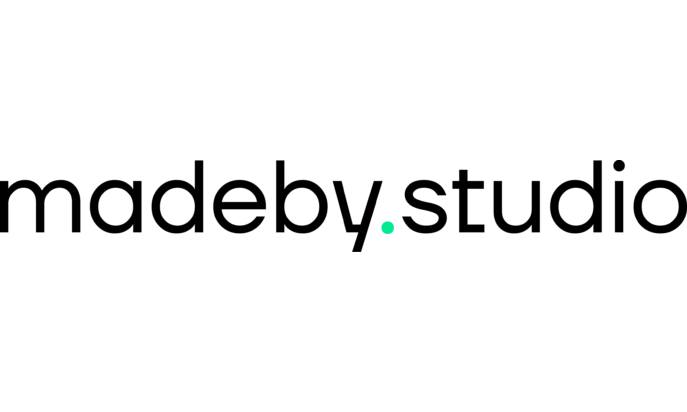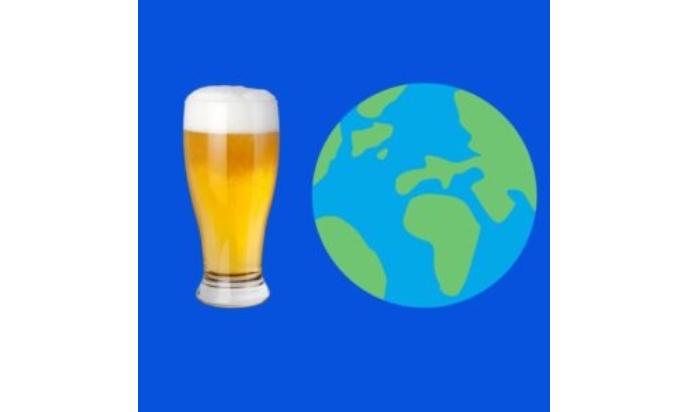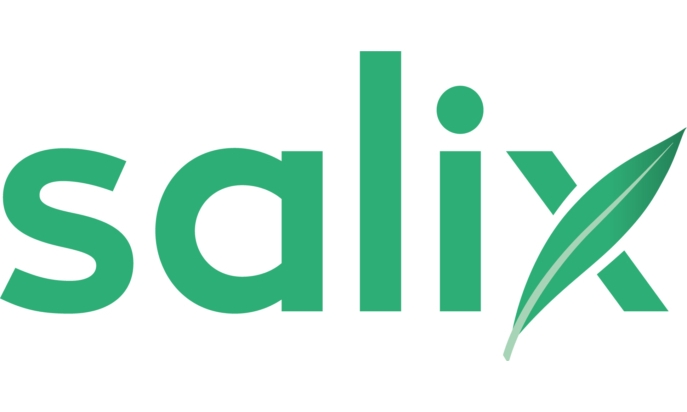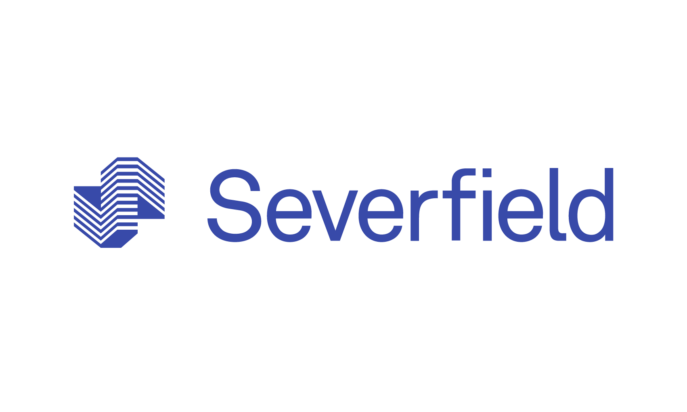Biodiversity and Regeneration: The Necessity to Action Change
Monday 22 April
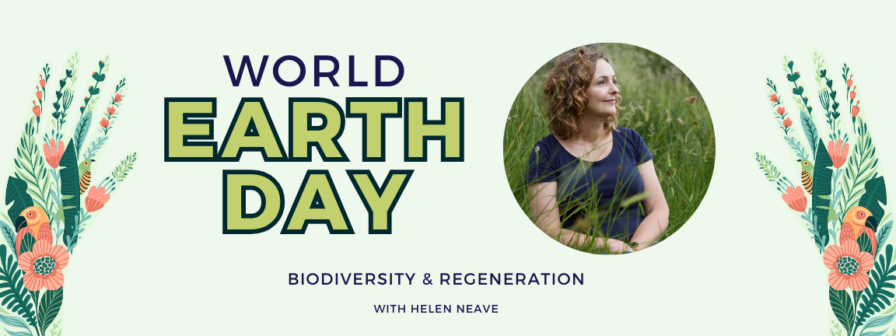
Over the years, human civilisation has progressively had a negative impact on living things and the world is currently facing mass extinction of many species. Biodiversity is something that many people have somewhat blocked from their awareness in favour of implementing many ‘convenience’ factors into their daily lives. But what use is convenience if we don’t have a planet to live on?
Earth’s biodiversity is its most valuable and most necessary resource, and we need to raise awareness of how to protect it in order to survive. The air we breathe and the food we eat all rely on biodiversity. The impact humans are having on our planet is calling for a total revamp on how we live and ultimately practice business.
We caught up with passionate nature lover, Helen Neave, founder of Make It Wild, to dig deep into the topic of biodiversity and regeneration and highlight why it is so important to change our mindset on convenience culture, and get back to nature.
Tell us a bit about ‘Make it Wilds’ journey. How did you get from surgeon to biodiversity?
I was a consultant ENT surgeon for the NHS, but have always had an interest in nature. Back in 2010, we knew what was happening and were saddened by the news articles we read about the extinction of species, like hedgehogs for example, and we just knew we wanted to make a difference.
We started off buying a bit of land as a personal project – a derelict bit of land in which we planted 20,000 trees. We did it all ourselves and our whole family would be there planting and tending to this space in our spare time, and it was just something that we really enjoyed doing together. After 6 years we realised that we had actually turned an empty field into a woodland full with bees, butterflies, birds and much better air quality. It was such a great feeling.
The single biggest threat to biodiversity is habitat loss, and creating this woodland space was really allowing the area and the wildlife within it to thrive. It wouldn’t have been able to do that as an empty field, so we decided to replicate it on a larger scale.
My husband Chris has the entrepreneurial mind and said we need to start this as a business, this is much bigger than we realise. So in 2017 we did it again, but bigger.
Why is biodiversity so important?
Humans need nature in order to survive. If we don’t maintain biodiversity then how can we survive?
Fundamentally we are all part of the ecosystem, we are all animals, we have just forgotten our place in this unsustainable model that we live and operate in. We are extracting raw materials all the time and bringing about change faster than evolution can catch up. We need to get back to basics and stop the excessive consumption.
What ways does society affect biodiversity?
Being too busy means that our habits are drastically affecting biodiversity. Extraction of finite raw material, cutting down forests to build roads and new houses, food agriculture, killing of slugs and overconsumption are all examples of ways that we are reducing biodiversity.
We are eradicating our oceans through overfishing. Other animals don’t do that, so why do we? A wolf won’t go and catch all its prey and eat them all at once, or catch them just in case. This excessive consumption upsets biodiversity and things eventually start to suffer. We need to be more mindful about a lot of things, like where we are building homes and what food we eat.
Your website states that 60% of all wildlife has been lost since 1970. That’s quite a harrowing statistic – How can we make more people tap into that?
I like to give visual representations and ask people how many insects they see on their windscreen after they’ve driven for a long journey. There aren’t many, but think back years ago and your car would be covered in bugs. That’s the effect we’re having on biodiversity.
The hedgehog stats are alarming too. I mentioned slug pellets…people are putting them down to kill off slugs that eat their plants, but they don’t think about the hedgehogs that rely on them as their food source. In 1950 there were 30 million hedgehogs compared to 1995 where it had dropped to 1.5 million.
People also put weed killer on their grass to kill off wildflowers like dandelions, when they are in fact essential to our biodiversity as they are an important nectar source for bees and butterflies. The way we are living isn’t sustainable so our habits and mindset need to change.
How do you think we can shift the mindset that society has been subject to for so long? What needs actioned?
I believe that people will only protect something that they love, so people need to love the planet in order to protect it. Incorporating it into the school curriculum and involving children at a young age in biodiversity and regeneration is necessary.
We had an open farm once and some of the children didn’t know where an apple came from. They were confused that it wasn’t in a plastic packet. They were so puzzled that they grew on trees. The same for rhubarb. We’ve lost that common knowledge passed down through generations, like eating seasonally and using herbs for natural healing.
We had a chat about the meme that has previously circulated social media stating that most people can identify brand logos but weren’t able to identify the leaves from specific trees. Society seems to have deviated so far from nature through copious amounts of advertising, that maybe we have forgotten our place in this circle of life.
Why do you think businesses should question their current practices?
Businesses make the biggest contribution to our carbon footprint. Individuals have a role to play too but their options are limited to what is marketed to them and disposing of products can be confusing making it harder to do the right thing.
Our natural rhythm is lost. Nature is not mainstream anymore, but if we can weave nature back into our lives and think of it as an important component within business practices to drive a reduction in over consumption, it will have a positive impact on biodiversity.
What do you think is the biggest or simplest change that organisations can make? Or do you think that consumers/individuals are best to drive the change?
Building products that last and establishing a circular economy for manufacturing products such as dishwashers and washing machines, or cookers. These are things that we need to live or add some level of convenience to our everyday lives, but if they can be convenient without contributing to the degradation of our biodiversity then it’s a step in the right direction. There should be a law to force implementation of an end of life cycle process for products. It’s confusing for consumers on how best to recycle or do their bit for the planet, especially when it’s a product with many components, so businesses doing their bit and manufacturing consciously would be a good starting point.
And fast fashion – well that just shouldn’t be a thing.
We agree Helen! And don’t get us started on supermarket promotional marketing – pushing overconsumption as it’s best.
There was something I read that stated that millennials will spend 10% more if something is classed as sustainable, so there is an incentive for businesses there.
How popular are Make It Wild’s team days? Do you find they have encouraged more people and businesses to get back to basics and look at the importance of nature?
They’re becoming really popular. We offer different types of team days at Make It Wild – either the Team Conservation day or we’re about to start taking enquiries for the Team Tree Planting sessions this coming winter. They’re a really lovely way to practice team building within nature – they’re beneficial to the individuals attending and they’re making a positive impact on the planet too.
They really open people’s eyes. It could be awful weather (it’s never guaranteed in the UK, is it?), but people are still smiling and the feedback we get afterwards is amazing.
We have an off grid barn where you can choose to host strategy sessions, or have a catered lunch in between doing your conservation tasks so it’s a really nice team day out.
Our chat with Helen really made us rethink a lot of our everyday habits, and there is always room for more subtle changes in the right direction. We don’t all have to go out and create biodiverse woodlands, but imagine if more people practiced what Helen and her husband implemented and invested in regeneration and biodiversity that gives back to nature, instead of relentlessly taking and extracting endless resources. Instead of property investment, could biodiversity and regeneration investment be a thing? It seems like a much more conscious and fair exchange for the planet, but how would it work?
We hope that this meaningful exchange with Helen has opened up a whole lot of questions not only for businesses, but individuals too. It’s definitely food for thought, and we need to start changing our behaviour if we want to exist in this big circle of life that we’ve forgotten we are part of. What ways could you implement positive change for our planet and help shape biodiversity? Find out at day one of our conference. Buy your tickets HERE.
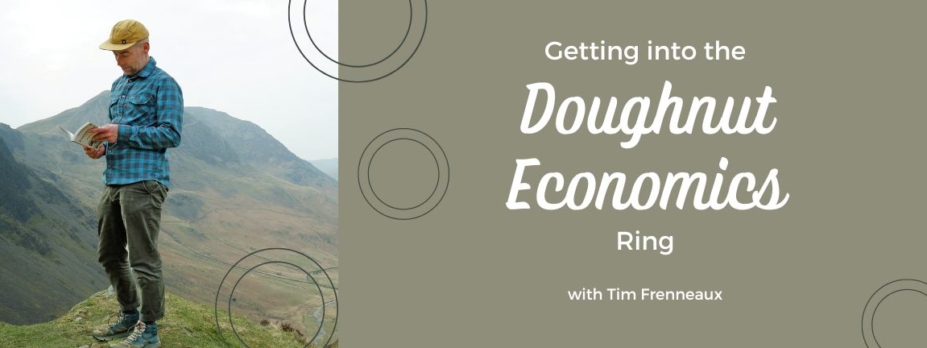
Thu 02 May '24
Thinking outside of the box, and getting into the (doughnut economics) ring, with Tim Frenneaux
We caught up with rebel economist, Tim Frenneaux to talk about Doughnut Economics; what it is and how it’s possible for businesses to shape a greener and more equitable future.
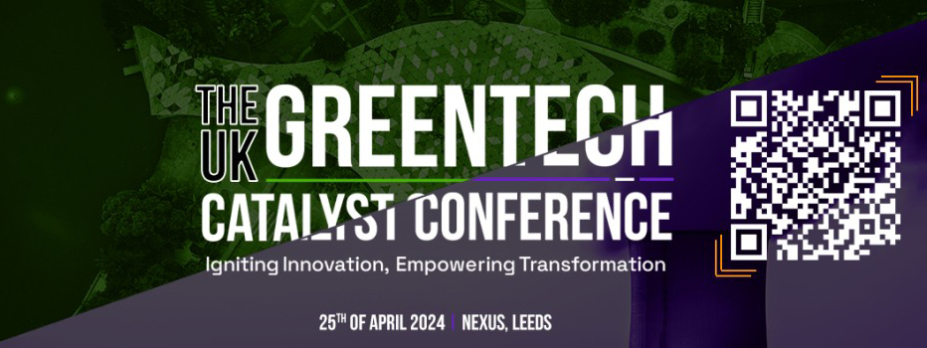
Thu 11 Apr '24
The UK GreenTech Catalyst Conference 2024 is to be Held in Association with Yorkshire Sustainability Week
The GreenTech Catalyst Conference is coming to Leeds on the 25th of April.
